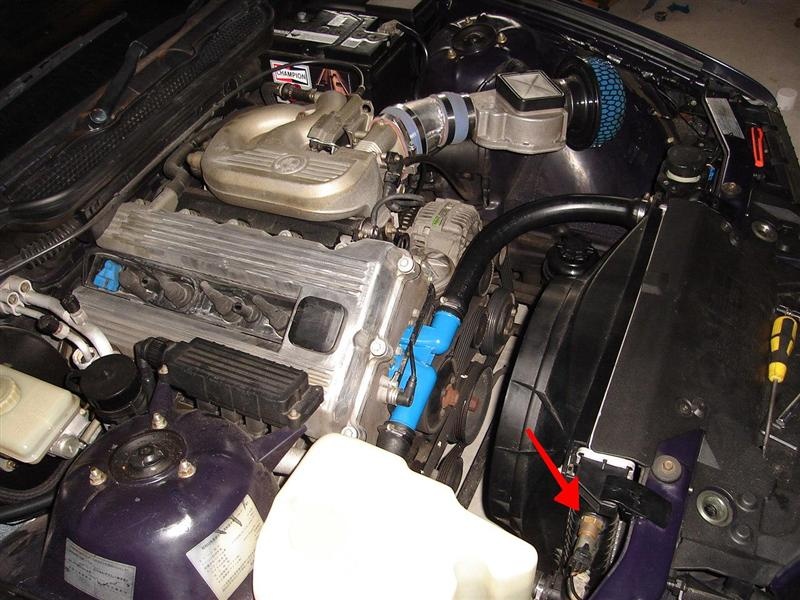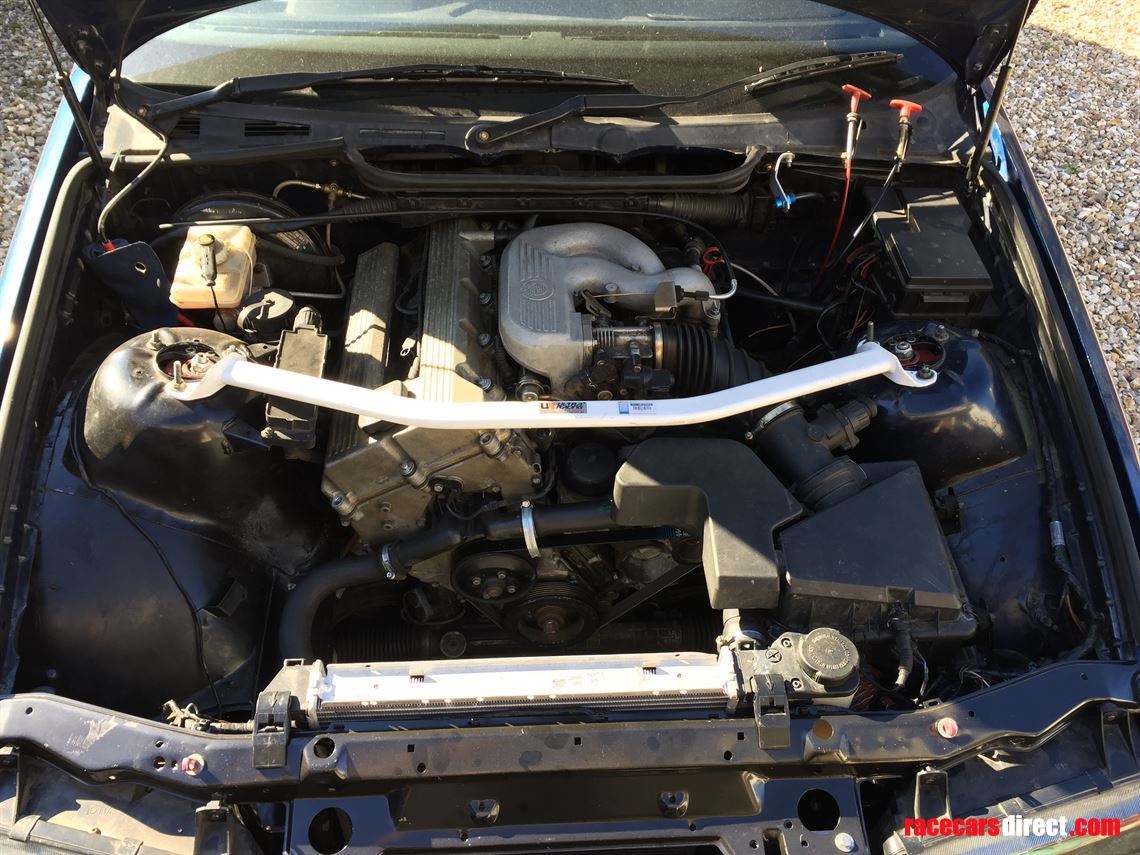Trick Features to Seek When Buying an Engine for Automotive Applications
When considering the acquisition of an engine for automotive applications, a number of key attributes call for careful analysis to guarantee optimum efficiency and capability. From power and performance capacities to sustain adherence, efficiency, and sturdiness to discharges criteria, each element plays a crucial duty in determining the engine's viability for specific automobile requirements.
Power and Efficiency
When selecting an auto engine, customers focus on power and performance to make certain optimum driving experience and efficiency. The power result of an engine, commonly determined in horse power (HP) or kilowatts (kW), dictates the velocity, full throttle, and overall capacities of a lorry. Greater power scores normally lead to quicker velocity and better efficiency, particularly during overtaking or bring hefty lots. Performance, on the other hand, incorporates a wider range of qualities, consisting of gas efficiency, discharges, dependability, and overall driving characteristics. A well-performing engine not only delivers power effectively but also runs smoothly throughout various speed ranges and driving conditions.
Buyers commonly think about the engine's torque result alongside its power score. Torque, determined in pound-feet (lb-ft) or Newton-meters (Nm), reflects the engine's rotational force, affecting the car's capacity to tow, climb inclines, and accelerate from dead stop. An equilibrium between power and torque is crucial for achieving a responsive and functional driving experience. Additionally, factors such as engine crossbreed, variation, and turbocharging modern technologies play significant roles in improving both power and efficiency levels. Inevitably, choosing an engine that offers a potent combination of power and efficiency guarantees a effective and rewarding driving experience. bmw 318ti.
Fuel Efficiency
When reviewing vehicle engine alternatives,Enhancing gas effectiveness is a critical consideration for customers. The effectiveness of an engine straight affects operating prices and ecological impact. One crucial factor influencing fuel performance is the engine's design and technology. Modern engines with attributes like straight fuel shot, turbocharging, and variable valve timing can dramatically boost fuel efficiency by boosting burning procedures and minimizing power loss. In addition, the total weight of the engine and lorry, as well as the aerodynamics, play vital functions in determining gas usage.

Longevity and Dependability
Achieving durable performance and dependable procedure is necessary for customers assessing the sturdiness and integrity of vehicle engines. When taking into consideration an engine for automobile applications, longevity refers to the engine's capability to hold up against wear, tension, and severe operating problems over a prolonged duration. Integrity, on the various other hand, implies that the engine can constantly perform its designated feature without unforeseen malfunctions or failings.
Consumers must seek engines constructed with top notch materials and accurate engineering to make certain longevity. Components such as crankshafts, pistons, and bearings ought to be resilient to handle the engine's power output without premature wear. Furthermore, engines furnished with innovative air conditioning systems, effective lubrication, and robust filtration mechanisms tend to exhibit higher levels of reliability.
Routine maintenance and adherence to producer suggestions are likewise critical consider preserving an engine's sturdiness and dependability. By adhering to upkeep routines, utilizing suggested fluids, and attending to any type of problems quickly, consumers can maximize the life-span and efficiency of their automobile engines. Ultimately, prioritizing durability and integrity in engine option can bring about a much more rewarding ownership experience with less unanticipated disruptions.
Exhausts Conformity
Guaranteeing compliance with exhausts guidelines is a critical facet of examining automobile engines for environmentally aware consumers. With increasing problems concerning air high quality and ecological effect, strict exhausts requirements have been implemented globally to lower dangerous pollutants launched right into the atmosphere. When acquiring an engine for automobile applications, it is vital to consider its discharges compliance to lessen the carbon footprint and follow legal needs.
Modern engines are furnished with sophisticated exhaust control innovations such as catalytic converters, exhaust gas recirculation (EGR) systems, and discerning catalytic reduction (SCR) to lower damaging exhaust gases you can look here like nitrogen oxides (NOx), carbon monoxide gas (CO), and hydrocarbons (HC) These systems play a crucial function in ensuring that the engine satisfies the defined exhausts standards and runs within allowable limits.

Cost-effectiveness
When taking into consideration automobile engine purchases, examining cost-effectiveness is extremely important for consumers looking for both performance and value. It encompasses the total expenditures associated to maintenance, gas intake, and possible repair services over the engine's life expectancy.
Engines that are made to take full advantage of fuel economic climate can lead to considerable financial click for more info savings over time, particularly for individuals who drive frequently or over long ranges. bmw 318ti. In addition, taking into consideration the schedule and affordability of extra components and servicing can contribute to the total cost-effectiveness of an engine.

Conclusion
To conclude, when buying an engine for auto applications, it is essential to think about crucial attributes such as power and performance, fuel integrity, longevity and efficiency, exhausts conformity, and cost-effectiveness. These factors are necessary in making sure that the engine satisfies the demands of the automobile and operates efficiently in different driving conditions - bmw 318ti. Making an informed choice based upon these standards will eventually result in a reliable and effective automobile engine purchase
From power and efficiency capacities to sustain longevity, performance, and adherence to discharges standards, each facet plays a vital role in determining the engine's viability for particular auto requirements. Engines developed to run on different fuels such as electrical power, hybrid systems, or biofuels can use improved gas economic climate and lower exhausts compared to typical gas or diesel engines. Customers ought to carefully think about the fuel effectiveness rankings and innovations integrated right into automobile engines to make enlightened acquiring choices that line up with their top priorities for cost financial savings and sustainability.
When thinking about an engine for automotive applications, toughness refers to the engine's ability to stand site web up to wear, stress and anxiety, and severe operating conditions over an extensive period.In final thought, when acquiring an engine for automotive applications, it is important to take into consideration essential functions such as power and efficiency, gas efficiency, toughness and integrity, discharges conformity, and cost-effectiveness.